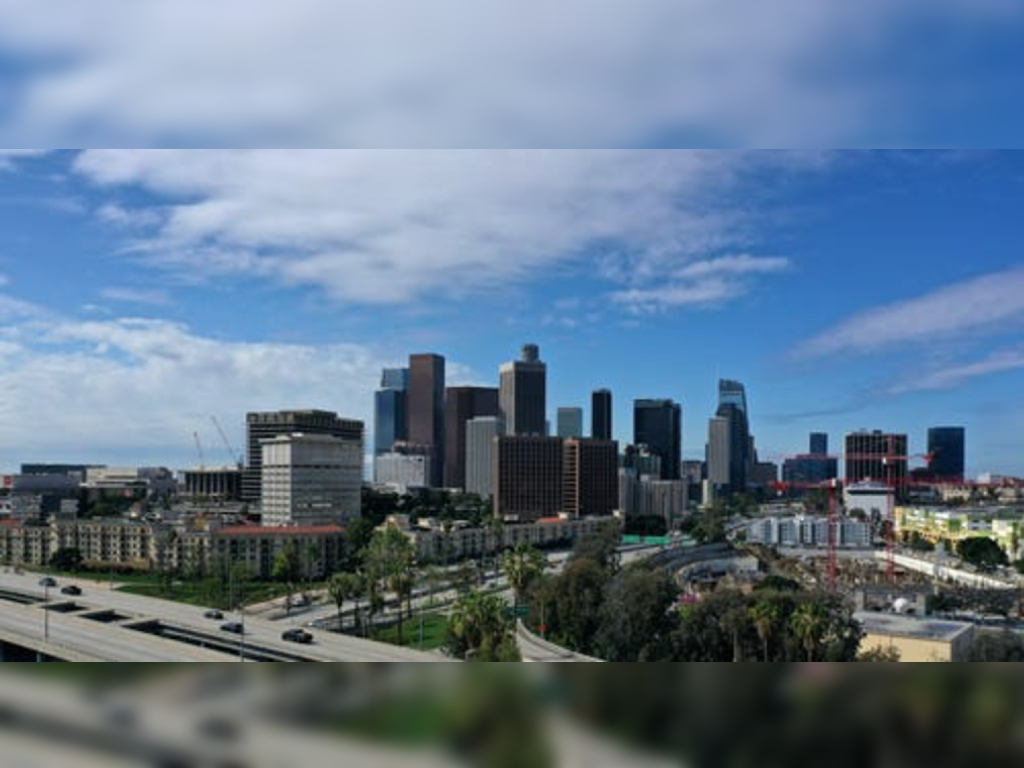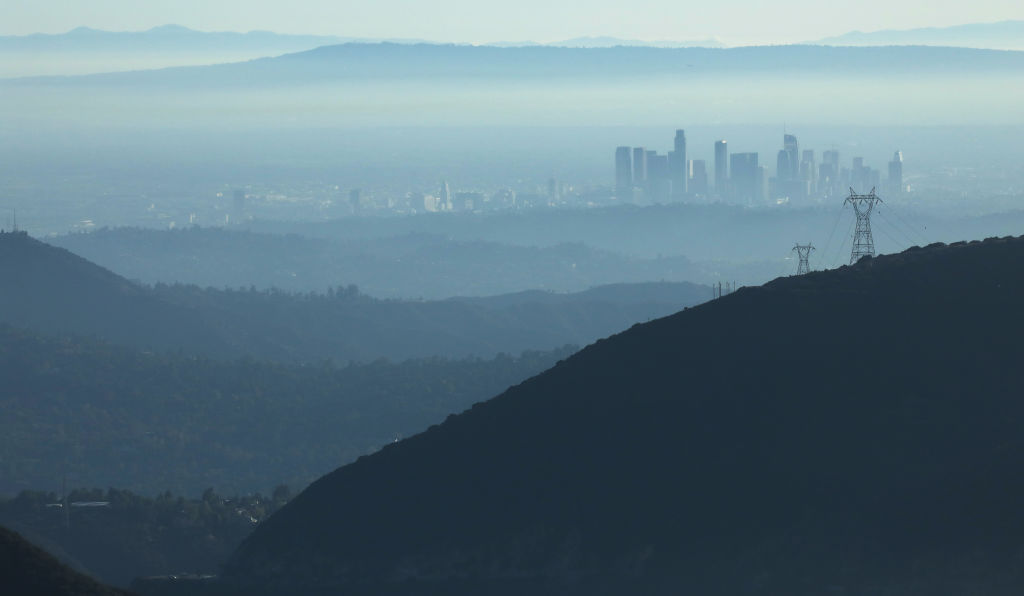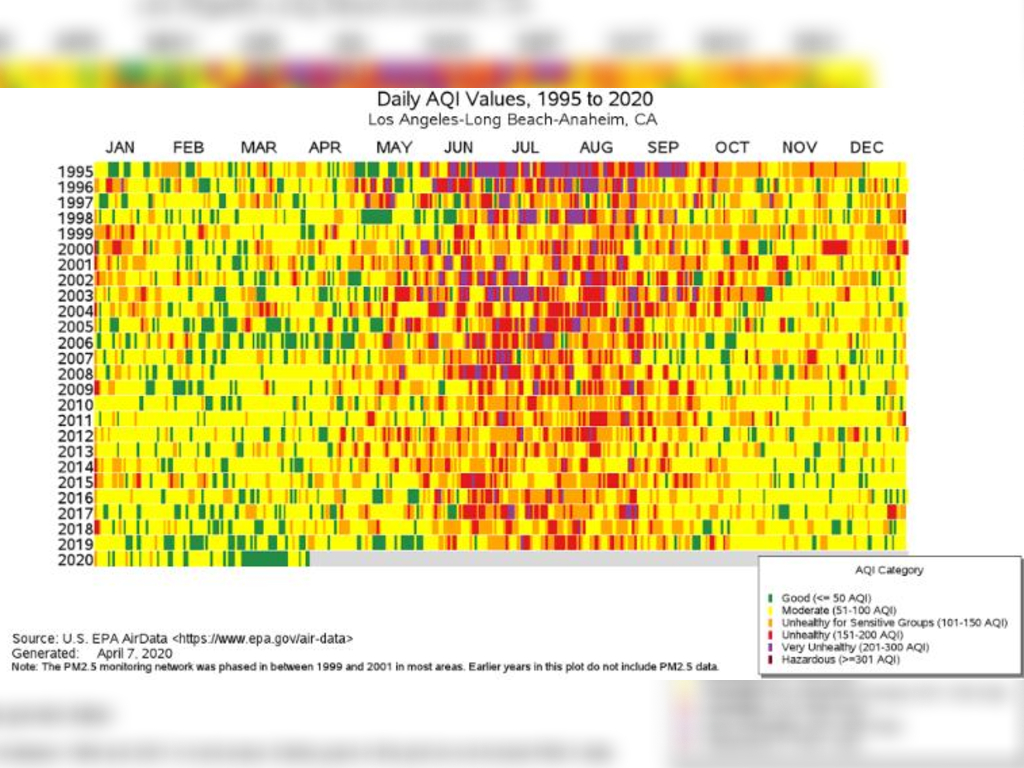The environment continues to benefit from everyone staying at home during the coronavirus pandemic.

The entire state of California is under stay-at-home orders in the hope of slowing down, or stopping altogether, the spread of COVID-19, the disease caused by the new coronavirus.
With fewer cars on the road and people hunkering down, Los Angeles‘ air quality has never been better. In fact, right now it has some of the cleanest air of any major city.
A photo taken by Reuters photographer Lucy Nicholson shows clean Los Angeles skies on April 7. The downtown freeways are notably free of the city’s usual bumper-to-bumper traffic.
According to Swedish air quality technology company IQAir, Tuesday marked a historic time for L.A. air quality.

Get daily National news
United States Environmental Protection Agency (EPA) data shows that in March this year, the L.A. area had its longest stretch of “good” air quality since 1995.
The brownish haze that typically clouds the Los Angeles skyline has lifted, Los Angeles Magazine points out.
On Wednesday afternoon, L.A.’s rush-hour traffic was moving 71 per cent faster than normal, according to the New York Times.
Between March 16 and April 6, UCLA professor Yifang Zhu and her colleagues found that there was a 20 per cent improvement in overall air quality in southern California, CNN reports.

“With less cars on the road and less emissions coming from those tailpipes, it’s not surprising to see improvements in the air quality overall,” she told CNN.
Traffic has fallen 80 per cent since the stay-at-home orders came into effect.
—
Questions about COVID-19? Here are some things you need to know:
Health officials caution against all international travel. Returning travellers are legally obligated to self-isolate for 14 days, beginning March 26, in case they develop symptoms and to prevent spreading the virus to others. Some provinces and territories have also implemented additional recommendations or enforcement measures to ensure those returning to the area self-isolate.
Symptoms can include fever, cough and difficulty breathing — very similar to a cold or flu. Some people can develop a more severe illness. People most at risk of this include older adults and people with severe chronic medical conditions like heart, lung or kidney disease. If you develop symptoms, contact public health authorities.
To prevent the virus from spreading, experts recommend frequent handwashing and coughing into your sleeve. They also recommend minimizing contact with others, staying home as much as possible and maintaining a distance of two metres from other people if you go out.
For full COVID-19 coverage from Global News, click here.
—












Comments
Want to discuss? Please read our Commenting Policy first.